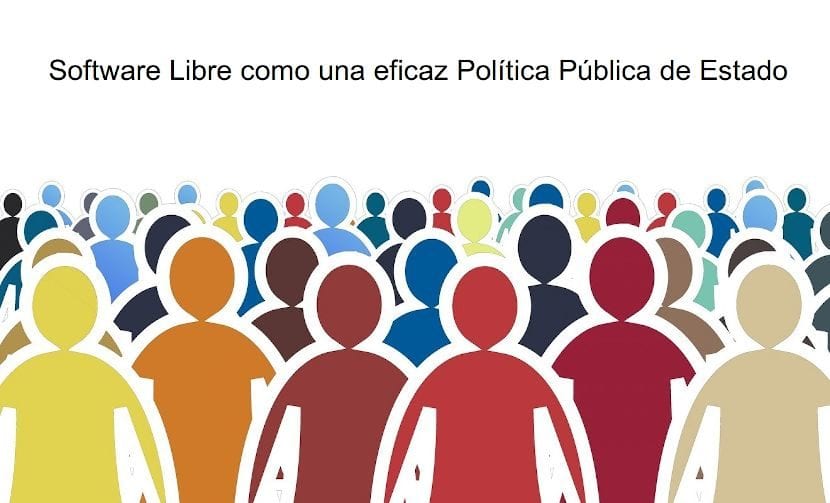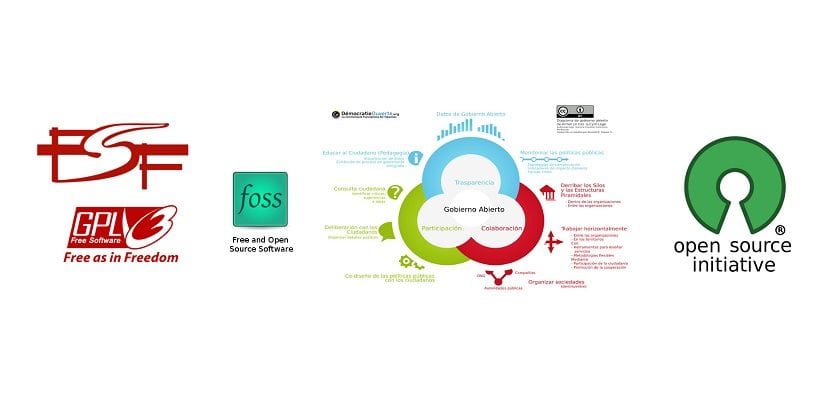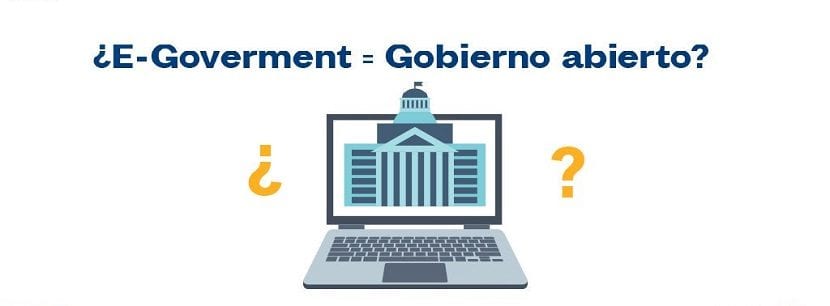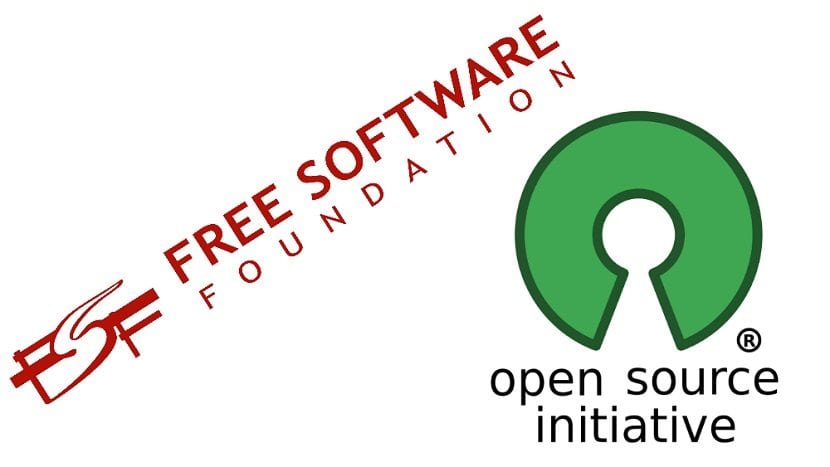
Free Software as an effective State Public Policy
Currently «Estados» are making intensive use of the «Tecnologías de la Información y Comunicación (TIC)» to make your «Gobiernos» and their respective ways of governing, more efficient and effective public mechanisms, many times under schemes known as «Gobierno Electrónico» y «Gobierno Abierto».
Within this governmental movement on a global scale, the «Software Libre» has a fundamental importance, not only from making possible faster and more transparent ways of doing things, but from a more secure and private perspective within the scope of «Seguridad de la Información».

News of Free Software in Governments
Today, it can be properly stated that the philosophy of «Software Libre», is something that usually goes beyond the scope of «Informática y la Computación» or «Tecnología» in general. Therefore, it tends to take its ideals to other areas or spheres of influence or life, causing, among many other things, freedom and transparency to be taken more into account in sectors that previously used to resist such ideas or principles.
Sectors such as Governments, who now seek to approach their respective citizens to give them the opportunity to know what is happening in their respective public management, in a transparent, participatory, collaborative, accessible, practical and technologically advanced way.
And above all, why When carrying out their projects and implementations, States often require that «Desarrollos de Software» meet certain requirements, And very frequently several of them lead to use exclusively «Software Libre» to enable its own internal developments.
Reality, which is now very strongly felt, in certain developed and developing countries, where the use of «Software Libre» has been constituted as a «Política Pública de Estado» both for the computers of the administrative users, as well as for the base of their technological platforms (Data Center: Servers and Systems). Which has increased the «Soberanía Tecnológica» of some, and improved their strength level in the area of «Seguridad de la Información».

Related definitions
STATUS
The State is the set of institutions that have the authority and power to establish the norms that regulate a society, having internal and external sovereignty over a given territory.
Government
The government is the authority that directs a political unit and whose function is to administer and control the State and its institutions, exercise authority and regulate society.
Open Government
It is a new paradigm and model of relationship between rulers, administrations and society. A more transparent, multidirectional, collaborative model aimed at citizen participation, both in monitoring and making public decisions, in order to catalyze, articulate and create public value from and beyond the borders of state bureaucracies . A model that implies a more social and relational use of technology, so that it, in turn, positively promotes and stimulates a culture of change in the conception, management and provision of public service.
Electronic Government
Governmental management model that implies the application of ICT to the operation of the public sector, with the aim of providing better services to citizens and increasing efficiency, transparency and citizen participation.
Public politics
It is a set of activities (programs, strategies, procedures, laws, regulations) created directed by a State / Government for the fulfillment of national or regional public objective. These activities are frequently done accumulating over long periods of time to see the effects.

Benefits of Free Software as a State Public Policy
- Contribute to the strengthening of Technological Independence
- Increase standards in the field of Government Information Security.
- Improve the compatibility and interoperability of the Information Systems managed.
- Facilitate long-term universal access to Citizens.
- Effectively preserve Digital Heritage
- Develop opportunity for growth and local development in technological matters.
- Achieve long-term financial savings on software licenses, maintenance and updates.
Among the most important.

Conclusion
In summary, the use of «Software Libre» like a «Política Pública de Estado», It is not only a question of fashion or costs, but it is a fundamental element for the construction of the current emerging models of «Gobierno (Abierto y Electrónico)» in such a way that Citizens feel confident that they comply with reliable and safe use parameters, for everyone.
And that for this to take place, it is always required without a doubt, the support of the most «altas instancias decisorias de un país», so that this serves as a motor to initiate the necessary plans and the «Políticas Públicas de Estado» based on the use of «Software Libre» and its philosophy.
So that in turn, the successive lower levels, from the legal, the technical and the functional (administrative users and citizens) follow the lines drawn and through a collaborative effort an optimal environment for development in this matter is achieved, especially for the benefit of the «Seguridad de la Información», which today worries us so much.
If you want to read an interesting foreign article related to the subject, we invite you to read this one created by Richard Stallman. And in case you want to expand the topic a little more within our Blog we recommend the following articles: First article, Second article, Third article y Fourth article.